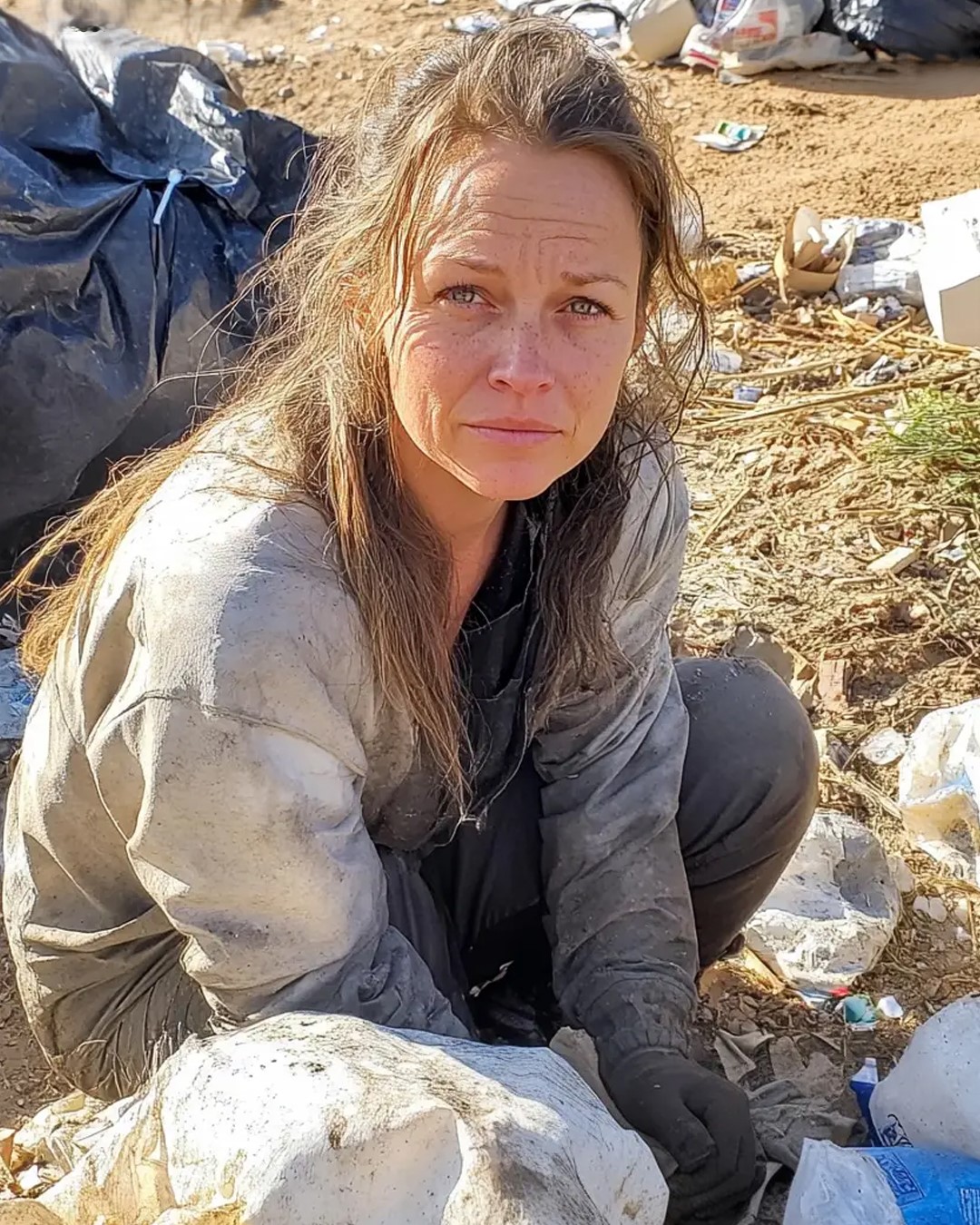I Let a Homeless Woman Stay in My Garage, but One Day, I Walked in Without Knocking And Was Stunned by What She Was Doing

When a wealthy but emotionally detached man offers shelter to Lexi, a homeless woman, their connection grows unexpectedly. But one day, he stumbles upon a shocking discovery in his garage, unraveling Lexi’s secrets. Who is she really, and what has she been hiding?
I had it all—lavish cars, a sprawling estate, and more money than I could spend in a lifetime. Yet, a hollowness lingered inside me, gnawing at the edges of my carefully constructed world.
Love had never found its way to me. Most women only saw the fortune I inherited, not the man I was. Now, at sixty-one, I often wondered if I had made the wrong choices, allowing the years to slip away without meaning.
One afternoon, while driving aimlessly through town, I spotted her—a disheveled woman rummaging through a trash can. Her thin, determined frame drew my attention, an unshakable resilience evident in the way she moved. Against my better judgment, I pulled over.
When I offered her help, her response was sharp, guarded, as though she had heard every false promise life could muster. Yet, there was a fragility behind her hardened exterior that mirrored my own loneliness.
In an uncharacteristic move, I offered her shelter in my guesthouse. She accepted, reluctantly, and introduced herself as Lexi.
For days, we barely spoke. Yet, over shared dinners, she began to open up. She spoke of a shattered life—a failed marriage, an abandoned art career, and dreams lost in the chaos. Her wit and humor were a balm to my solitary existence, and I found myself drawn to her strength despite the pain she carried.
But everything changed one fateful afternoon. Looking for a tool in the garage, I stumbled upon her artwork: haunting, grotesque portraits of me. Paintings of chains, blood, and death covered the floor, each image a twisted reflection of how she saw me.
That night, during dinner, I confronted her. Lexi confessed the paintings were an outlet for her anger and despair, emotions not meant to define me but fueled by her own wounds. Yet, I couldn’t see past the betrayal and asked her to leave.
As I drove her to a shelter, our silence was heavy with regret. I handed her some money before she stepped out of the car, her trembling hands a painful reminder of our fractured connection.
Weeks passed, and the loneliness returned, sharper than before. Then, one day, a package arrived. Inside was a serene portrait of me, painted with compassion and care. Tucked inside was a note with her number.
Hesitating for only a moment, I called her. She answered tentatively, her voice laced with surprise. I told her I’d received the painting and forgave her long before opening the package. Lexi explained that she had used the money to rebuild her life—new clothes, a job, and plans for her own apartment.
I asked her to dinner. To my relief, she accepted.
As I hung up, a sense of hope stirred within me. Perhaps this wasn’t just a new beginning for her but for both of us—a chance to find something neither of us thought we deserved: a second chance at life and connection.